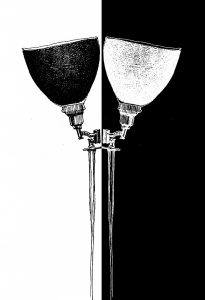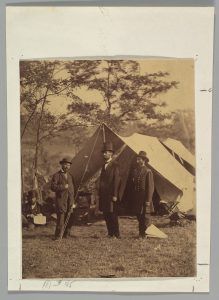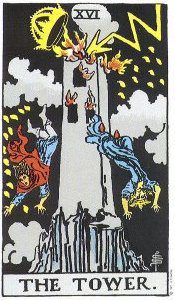by Michael Liss
 My dad was a pharmacist. He had an old-fashioned store (including an actual soda fountain and stools) and some of the old-fashioned tools of the trade: scales and eye-droppers, spatulas and ointment bases, graded flasks and beakers, amphorae, and his mortar and pestle.
My dad was a pharmacist. He had an old-fashioned store (including an actual soda fountain and stools) and some of the old-fashioned tools of the trade: scales and eye-droppers, spatulas and ointment bases, graded flasks and beakers, amphorae, and his mortar and pestle.
Pharmacy was a bit more of an art in those days and doctors often wrote prescriptions that had a little eye of newt in them. This could make Dad cranky, as they took time and counterspace, but I suspect that, secretly, he liked doing them. He would bring out the mortar and pestle (sometimes with a Remington’s Practice of Pharmacy), and, for all intents and purposes, he could have been an herbalist for a Pharaoh, so old was the tradition of combining exotic ingredients and using time and pressure until the desired potency and texture was achieved.
I have been thinking about that mortar and pestle the last few weeks. They remind me of how just the simplest set of tools, coupled with accumulated knowledge and craftsmanship, can produce something useful and even essential. And, they make me wonder whether, in this insane age, where ignorance and even falsehoods are celebrated and experience scorned, there is anything at all they still have to teach.
Last month, I attended the 16th annual conference of Columbia’s Center on Capitalism and Society. The topic was “The Economic Consequences of Mr. Trump: Jobs, Wages, Trade, Growth, Health and Satisfaction.” The organizers made a real effort to include views from across the spectrum, although it’s fair to say a majority were not Trump supporters. Nevertheless, the overall tone was cautious and analytical, rather than hypercritical. These are serious people (including three Nobel Prize winners), all literate and classically trained, and all share a deep understanding of the laws of economics, and a vast knowledge of data and historical trends.
There is no way I can do justice to a day of such intense sobriety, so I’m going to take a shortcut. Trump is not like anyone in their collective experience. Read more »



 I have been a practicing Stoic for a few years now, with lulls here and there. Stoicism provides a compelling framework for living in a purposeful and ethical way. The question in my mind is, is it perhaps a little too compelling? In other words, not much fun?
I have been a practicing Stoic for a few years now, with lulls here and there. Stoicism provides a compelling framework for living in a purposeful and ethical way. The question in my mind is, is it perhaps a little too compelling? In other words, not much fun?
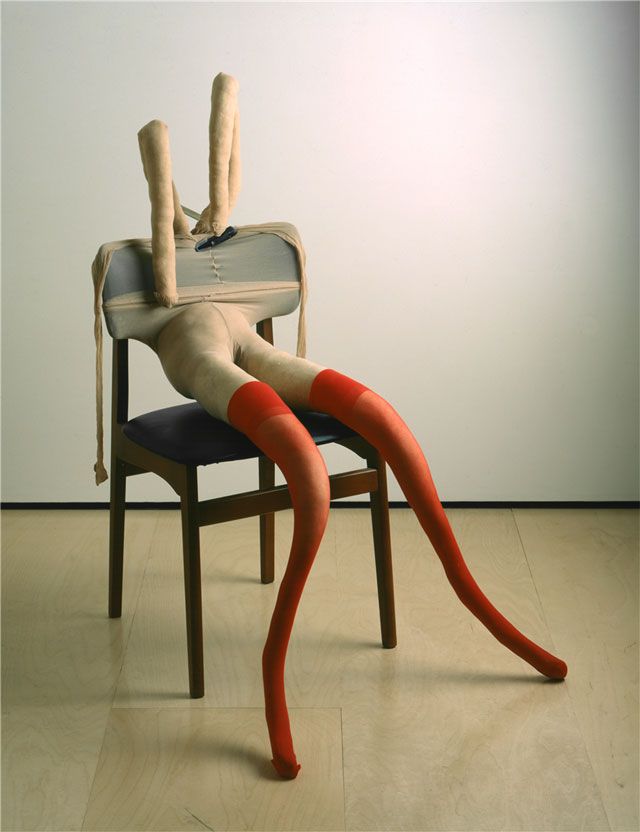
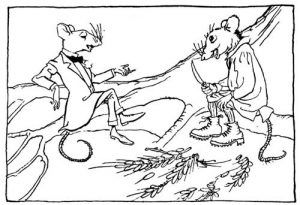 In 1790, shortly after the 13 states ratified the U.S. Constitution, the new federal government conducted its first population census. Its tabulations revealed an astonishingly rural nation. No less than 95% of all Americans lived in rural areas, either on a fairly isolated homestead (typically a farm) or in a very small town. How small? Fewer than 2,500 people. Meanwhile, just 1/20 of Americans lived in a town with more than 2,500 people. All told there were only 26 such towns, only half of which had so many as 5,000 people
In 1790, shortly after the 13 states ratified the U.S. Constitution, the new federal government conducted its first population census. Its tabulations revealed an astonishingly rural nation. No less than 95% of all Americans lived in rural areas, either on a fairly isolated homestead (typically a farm) or in a very small town. How small? Fewer than 2,500 people. Meanwhile, just 1/20 of Americans lived in a town with more than 2,500 people. All told there were only 26 such towns, only half of which had so many as 5,000 people

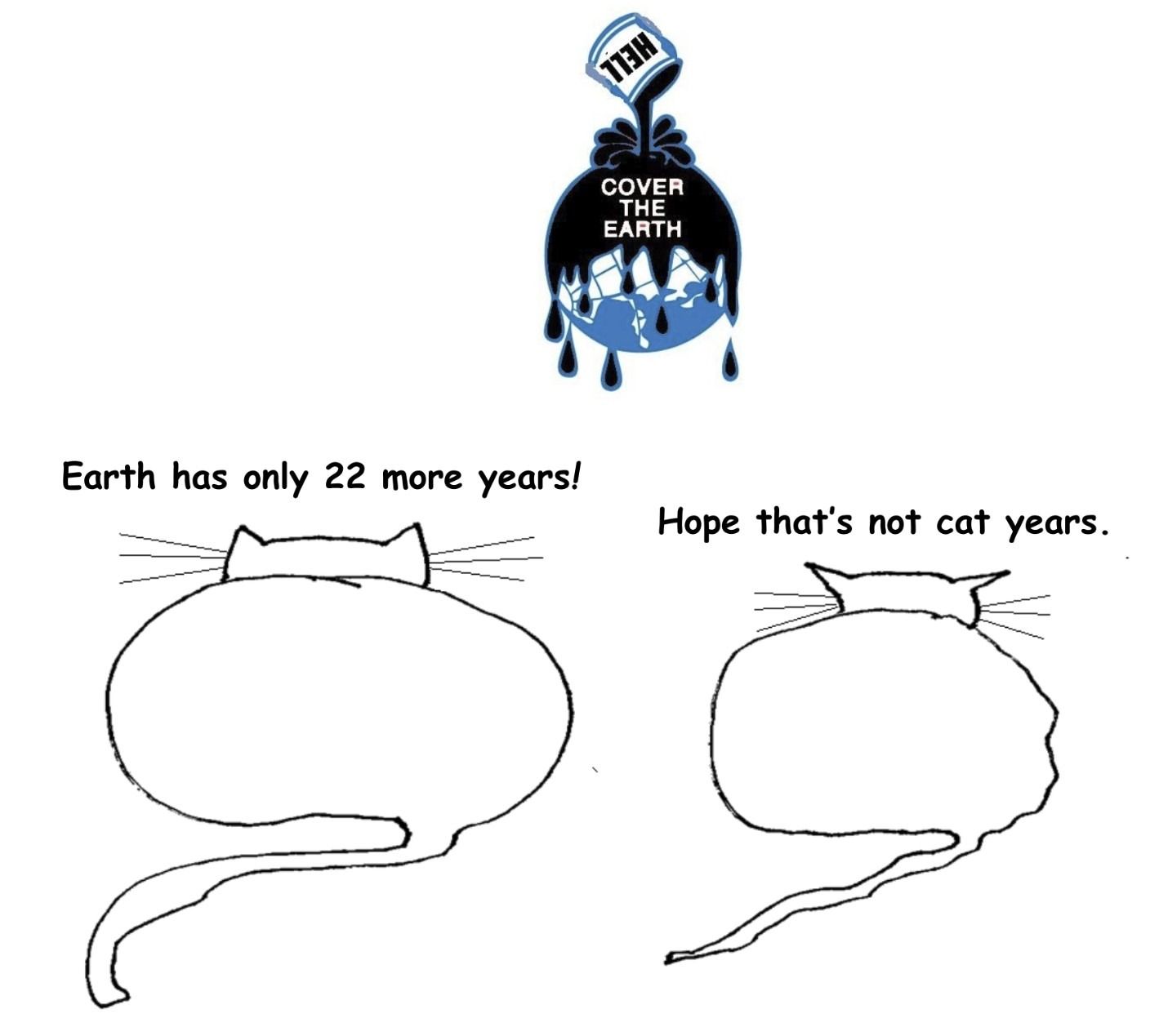
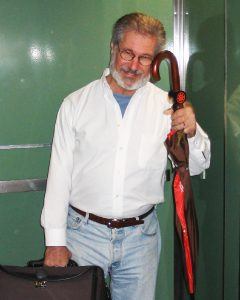


 Three years ago I posted on this site “
Three years ago I posted on this site “